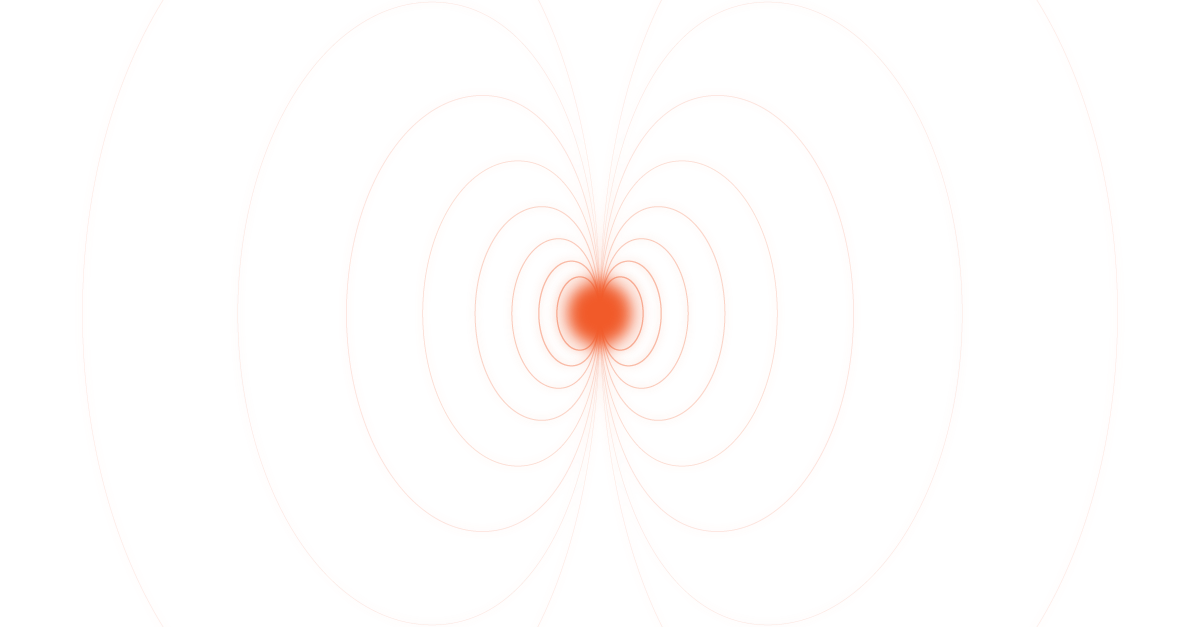
Transforming Water and Heat into Hydrogen
Our proprietary magneto-catalytic process uses a field-coupled mechanism to turn thermal energy into clean fuel — no electricity required.
How It Works
-

Steam In
Superheated steam enters the system as the feedstock for hydrogen production.
-

Catalyst Chamber
Within the magnetic field, steam interacts with our proprietary catalyst to release hydrogen and oxygen.
-

Gas Separation
What should we know about the services you provide? Better descriptions result in more sales.
-

Hydrogen + Oxygen
Hydrogen (H₂) and oxygen (O₂) gases exit the system separately and can be stored, used on-site, or converted back into power through a fuel cell.
“Field coupling enhances catalytic reactions, enabling efficient hydrogen generation at lower energy levels.”
Field-Coupled Chemistry: A New Pathway to Hydrogen
Our process combines magnetism and catalysis to drive a redox cycle that splits steam efficiently — without relying on electricity.
In traditional systems, heat alone isn’t enough to split steam efficiently.
Our process introduces a magnetic field that interacts with the catalyst, aligning and energizing reactions at the atomic level.
Evidence suggests that this field coupling promotes rapid electron exchange — a behavior known as redox cycling — which allows hydrogen to form at lower temperatures than conventional methods.
The result is a non-electric, thermally driven process that converts steam directly into hydrogen and oxygen using moderate heat.

